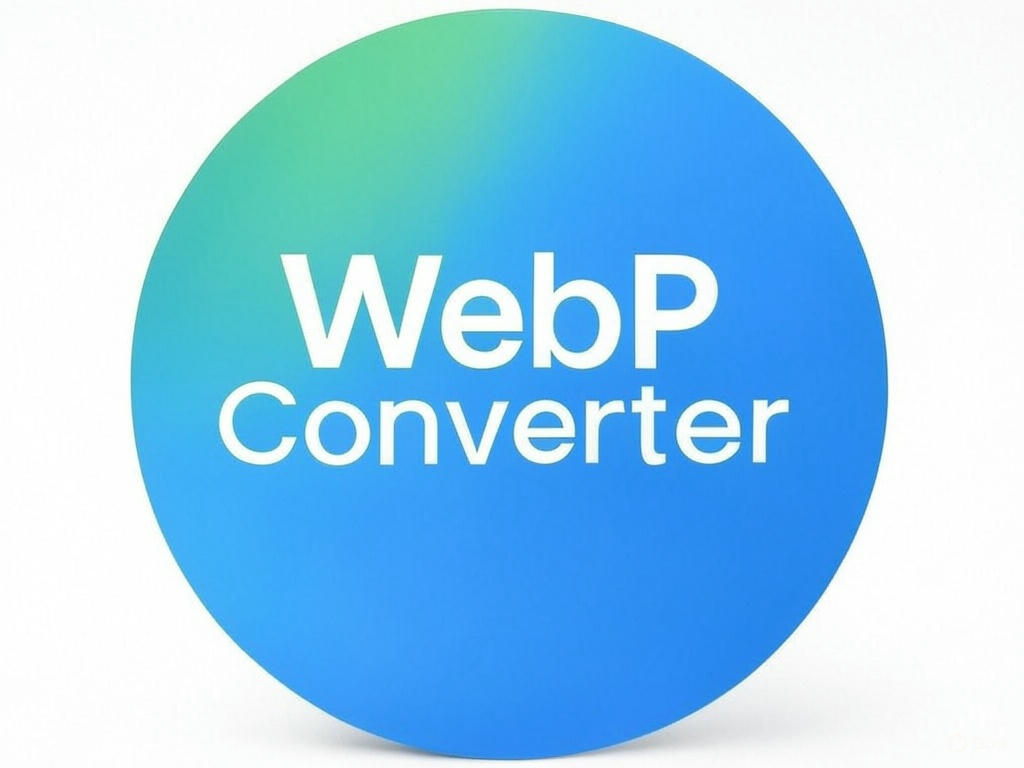Optimize Your Images with WebP for Free!
Convert your images to WebP format and reduce file size by up to 50% while maintaining quality.
Try It Now
Convert your images to WebP format and reduce file size by up to 50% while maintaining quality.
Try It Now
WebP images are typically 25-50% smaller than equivalent JPEG or PNG files.
Smaller images mean faster loading times and better user experience.
Page speed is a ranking factor for search engines. Faster sites rank higher.
WebP is supported by all major browsers including Chrome, Firefox, Safari, and Edge.
Convert multiple images at once to save time and streamline your workflow.
Fine-tune the compression level to find the perfect balance between size and quality.
All conversion happens locally in your browser. Your images never leave your device.
| Features | WebP Converter | Other Converters | Cloud Services |
|---|---|---|---|
| Privacy Protection | ✓ Client-side only | ✗ Often uploads to servers | ✗ Stores on cloud |
| Cost | ✓ Always free | ⚠ Often limited free tier | ✗ Usually subscription-based |
| Batch Processing | ✓ Unlimited | ⚠ Often limited | ✓ Unlimited |
| Quality Control | ✓ Adjustable | ⚠ Limited options | ✓ Advanced options |
| No Installation | ✓ Browser-based | ⚠ Some require software | ✓ Cloud-based |
| File Size Reduction | ✓ Up to 50% | ⚠ Varies widely | ✓ Up to 50% |
WebP is a modern image format developed by Google that makes your images smaller without losing quality. Think of it like a clever packing technique that fits the same content into less space.
When you upload an image to our converter, we analyze its content and apply special mathematical techniques to reduce its file size while preserving visual quality. Unlike traditional formats like JPEG and PNG, WebP uses more advanced compression methods.
The best part? All of this happens right in your browser - your images never leave your device, ensuring complete privacy and security.
*Average file size comparison for the same image quality
You select images from your device
Our tool examines image content
Advanced algorithms reduce file size
Get your optimized WebP images
WebP uses both "lossy" and "lossless" compression techniques. Lossy compression slightly reduces image quality to achieve smaller file sizes, while lossless keeps perfect quality but with less dramatic size reduction.
The format uses predictive coding to encode image blocks, where each pixel is predicted based on surrounding pixels. The difference between the prediction and actual value is then encoded using entropy coding for maximum efficiency. This approach allows WebP to achieve file sizes 25-50% smaller than JPEG and PNG formats while maintaining similar visual quality.